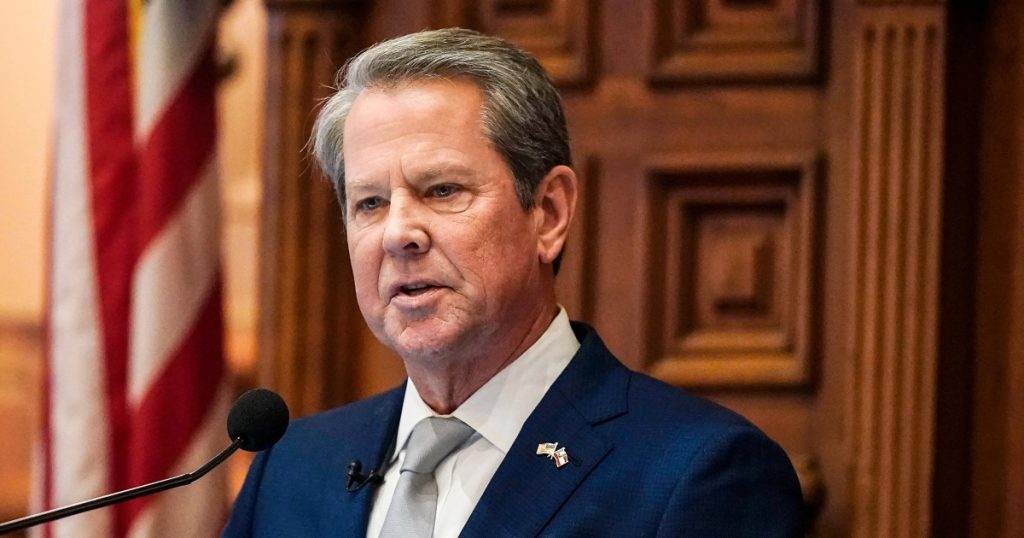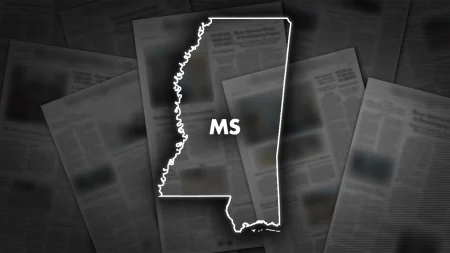Governor Brian Kemp of Georgia recently signed a bill into law that restricts the ability of some Chinese citizens to purchase land in the state. Known as SB420, this bill prohibits agents of China from buying farmland in Georgia or commercial land near military installations. Governor Kemp defended the law as a national security measure, emphasizing the importance of protecting the country’s food supply from foreign adversaries. While Democrats in the state Legislature criticized the bill as discriminatory, supporters argue that it is necessary to safeguard against potential threats.
Critics of the law, such as Cynthia Choi of Stop AAPI Hate, view it as a form of anti-Asian scapegoating and fearmongering against immigrants. The legislation also targets agents from countries like Cuba, Iran, North Korea, and Russia who are not U.S. citizens or legal residents. To qualify as an agent, the individual must be acting on behalf of their respective country. While the law applies to businesses from these countries as well, it does not extend to residential property. Some opponents have raised concerns about the legality of the bill, suggesting that it may preempt federal law and violate constitutional protections.
The issue of foreign ownership of farmland in the United States has garnered attention in recent years, with several states implementing similar bans. States like Florida, Alabama, Louisiana, and Arkansas passed laws restricting land ownership by agents from certain countries. The push for these measures gained momentum following incidents like a suspected Chinese spy balloon flying over the U.S. and Chinese entities acquiring land near military installations in North Dakota and Texas. Critics have underscored the need to address potential security risks associated with foreign ownership of critical assets within the country.
In addition to the land ownership bill, Governor Kemp also signed other pieces of legislation on the same day. One of the new laws prohibits the sale of CBD and consumable hemp products to individuals under 21, requiring manufacturers to disclose the quantity of THC and other compounds in these products. Another measure increases penalties for individuals involved in the production or distribution of drugs laced with fentanyl that result in someone’s death. Fentanyl, a potent synthetic opioid, has been a significant contributor to overdose deaths in the U.S. The bill, named after Austin Walters who died from a fentanyl-laced pill, aims to combat the trafficking of dangerous substances and protect Georgia residents.
The legislation signed by Governor Kemp reflects a broader national concern regarding security threats and the opioid crisis. By addressing issues related to land ownership, drug trafficking, and substance abuse, the state of Georgia is taking proactive steps to protect its residents and resources. While some critics have questioned the motives behind these laws and raised legal concerns, supporters argue that these measures are essential for safeguarding national and public safety. As debates continue over the implications of such legislation, the impact of these new laws on foreign ownership, drug-related crimes, and public health outcomes remains to be seen in Georgia and beyond.















